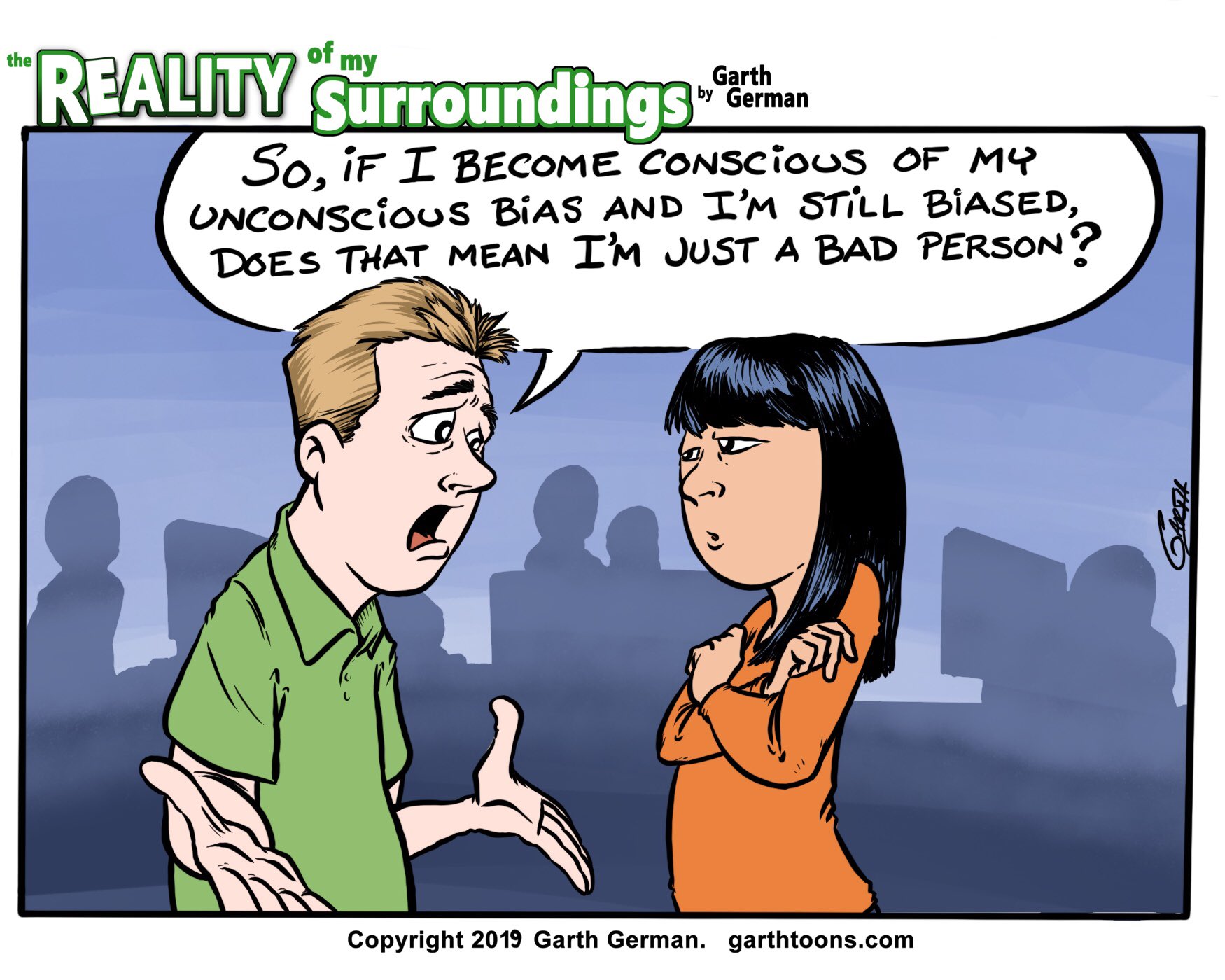The Mask of the Ordinary
Witty Banter
Today, I want to write a bit different, something a bit more to the point rather than me trying to dig through stories to find true meaning.
When we think of monsters, we imagine fanged creatures hiding beneath our beds, shadows lurking in the corners of our rooms. But the monsters that haunt our world are far more elusive. They do not rattle chains in the night, nor roar from the dark. Instead, they whisper in familiar voices. They are born in habits, sustained by tradition, and concealed behind the veil of “normal.” These are the invisible monsters of bias, gender, cultural, racial, and countless others that quietly shape our lives, often without us ever noticing.
I was reminded of their presence in the most ordinary of conversations. A friend and I were speaking about parenting, and somewhere between reflections, it struck me: gender bias had woven itself seamlessly into the way children are raised. Not in loud declarations, not in obvious rules, but in the subtle texture of expectation. Boys encouraged to climb, conquer, and not cry. Girls praised for being graceful, polite, or helpful. These weren’t rules written on paper, they were unspoken codes written into daily life. And yet, because they felt “normal,” no one named them as biases.
That is how hypocrisy is born. We proclaim equality on stages, in campaigns, and in essays, but in our kitchens, in lullabies, in the simple act of choosing a toy for a child, we nurture the very hierarchies we claim to have outgrown. The monster thrives precisely because it wears the mask of the ordinary.
Normalisation: A Cloak of Invisibility
A bias becomes dangerous when it is no longer visible. Imagine a fish asked to describe water, it would struggle, because water is all it has ever known. Similarly, cultural and gendered biases operate as the “water” of society. We breathe them in daily, unquestioned. And in that unquestioning lies their true power. When a girl is told she should learn to cook because it is “important for her future,” it is not presented as bias but as wisdom. When a boy is told to “man up” and not cry, it is not scorn but guidance. But scratch the surface, and one sees the invisible blueprint, one that limits expression, clips wings, and molds human beings into narrow versions of what they could be. Bias thrives not in moments of rebellion, but in the moments of compliance. The quiet nods, the unquestioned traditions, the “this is how it has always been.” Each of these is a brick in the invisible wall that cages us.
The Hypocrisy of "Equality"
And yet, what troubles me most is not just the existence of bias, but the hypocrisy that cloaks it. We live in a world where slogans scream that all are equal. Politicians swear by it, schools print it on banners, corporations market it during annual campaigns. Equality is our favourite performance. But then I scroll through the news each morning. A woman denied justice because her voice was drowned out by power. A child mocked because his skin, his accent, his faith didn’t align with the “majority.” A community pushed to the margins because their way of living didn’t fit the convenient narrative of “progress.” Every headline feels like another crack in the mask. Every story of bias disguised as “law,” “tradition,” or “culture” makes me lose a little more faith in the humanity we boast about.
It is a strange paradox: our society is loudest about equality when it is most unwilling to practice it. We write about rights, but we whisper excuses for injustice. We light candles for victims in the evening, only to commit the same small cruelties the next morning. We pledge to raise children differently, but hand them the same old cages, painted in brighter colours. Hypocrisy has become not the exception, but the air we breathe.
The Mirror we refuse to face
Towards a Truer Humanity
Biases reduce us. They take the infinite complexity of human beings and confine them into pre-approved boxes. They tell us what love should look like, what careers are appropriate, what emotions are permitted. To fight bias is not merely a social project; it is a deeply human one. But I confess, some days, it is difficult to hold hope. The news, the contradictions, the sheer weight of hypocrisy, it chips away at my belief in our collective goodness. And yet, perhaps that is precisely why we must keep naming these invisible monsters. Because the alternative, silence, resignation, acceptance would be to let them grow unchecked. The invisible monsters may never disappear completely, but they can be weakened. And with each act of questioning, each refusal to comply blindly, each moment of courage where someone says, “Why not otherwise?” a chain breaks, a mask falls, a shadow recedes. Maybe, then, the true test of faith in humanity is not to believe we are already equal, but to keep striving for a day when equality is not a slogan, but a lived truth.


Comments
Post a Comment